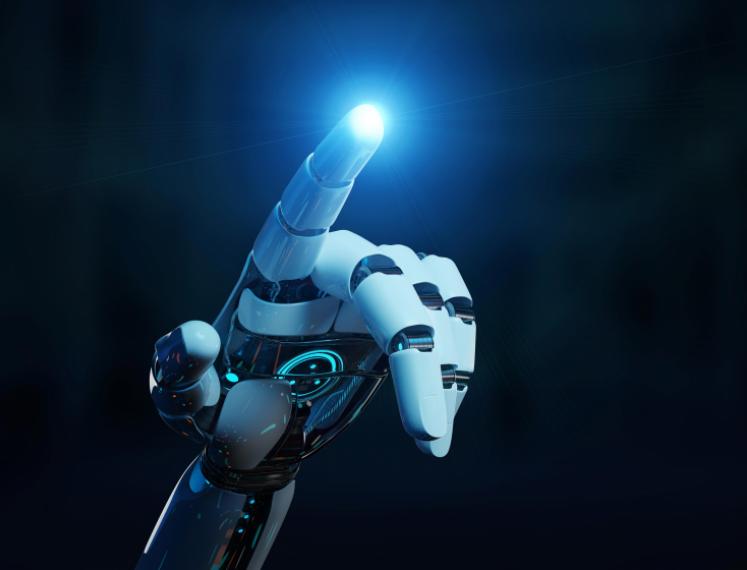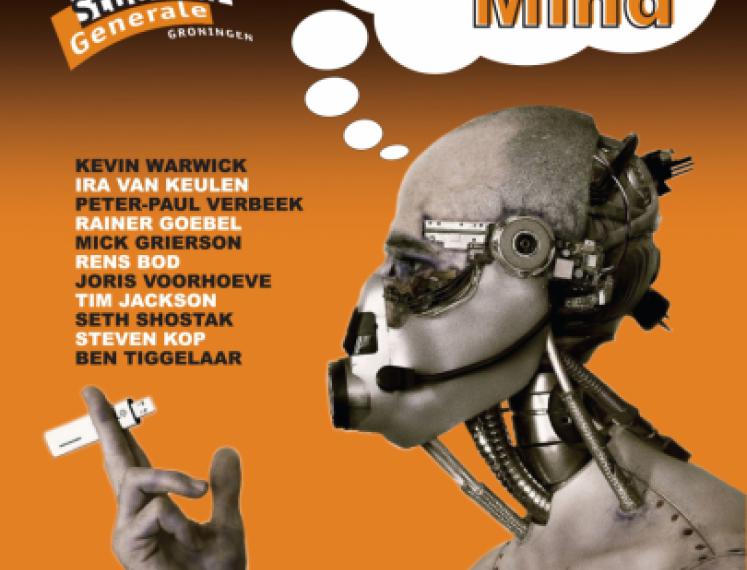
Watchlist | Science or Science Fiction?
Tijdreizen, wonen op mars, gedachten lezen: het klinkt onwerkelijk, maar wetenschappers bewegen zich vaak op het snijvlak van wetenschap en science fiction. Kunnen astronomische verschijnselen het einde van de wereld voorspellen? Word tijdreizen een optie wanneer deeltjes zich sneller bewegen dan licht? Hoe bereiden we ons voor op een leven op Mars? Is het mogelijk om met genetische manipulaties de oogkleur onze kinderen bepalen? En hoe zit het met een veelvoorkomend fenomeen in science fiction: de cyborg? We doken onze geschiedenis in voor lezingen over (destijds) futuristische wetenschappelijke vragen en bevindingen.
Time travelling, living on Mars, mind reading: it seems unreal, but scientists often work on the cutting edge of science and science fiction. Can astronomical phenomena predict the end of the world? Will time travelling become an option when particles move faster than light? How can we prepare for living on Mars? Is it possible to choose the colour of the eyes of our children with genetic editing? And what about a common phenomenon from science fiction: the cyborg? We’ve looked into our own history for lectures about (at the time) futuristic scientific questions and findings.
Sneller dan het licht: droom of werkelijkheid?
Italiaanse onderzoekers ontdekten dat neutrino’s sneller gaan dan het licht. Staat Einsteins relativiteitstheorie op de tocht en is tijdreizen nu een reële optie geworden? Natuurkundige Eric Bergshoeff onderzocht deze vragen (9 november 2011). Luister opname
Brain Reading. Facts versus Science Fiction
Is it possible to predict what a person is thinking of - or even what they are planning to do - based solely on their current brain activity? Psychologist and philosopher John-Dylan Haynes discusses if we can read someone’s brain (10 February 2014). Listen recording
Designer Babies and CRISPR-Bananas
Can we oversee the consequences of genetic technology intervening in nature? Ethicist Jeantine Lunshof and molecular geneticist Jan Kok will discuss the whereabouts of genome editing and elaborate on the ethical dilemmas (24 January 2019). Watch recording
First Stop: Antarctica - Floris van den Berg
How can we prepare people for a journey to Mars? Family physician and expedition doctor Floris van den Berg worked 13 months on ‘White Mars’, 9 months of isolation with a 12 person overwinter group, temperatures as low as -80°C and no sun during the Polar Night of 100 days. (27 February 2017). Watch recording
The Cyborg Experiments
The cyborg (part human and part machine) is no longer science fiction. Professor Kevin Warwick has conducted significant experiments with cyborg technology and became ‘world’s first human cyborg’ (12 September 2011). Listen recording
Will the World End in 2012? The Astronomical Evidence
The Mayan Calendar ended in December 2012 and at the time, some believed a nearby supernova explosion could extinguish all life on earth around that same time. In November 2011, astronomist Jocelyn Bell Burnell looked at astronomical phenomena that might cause the end of the world and she examined how true or likely they were (Hendrik de Waard Lecture, 8 November 2011). Listen recording


